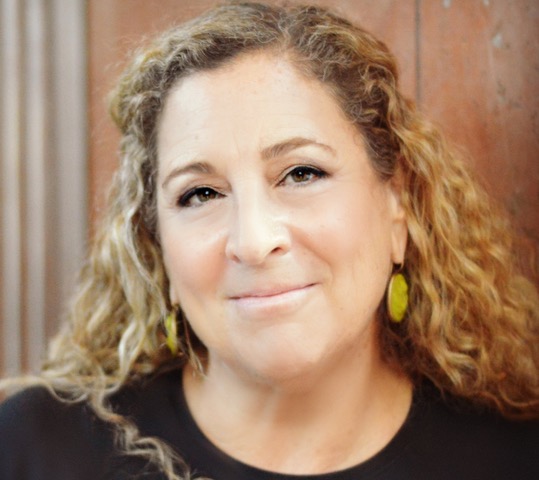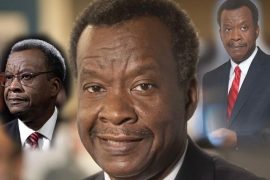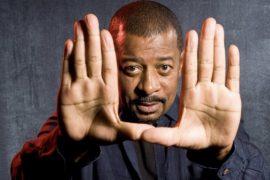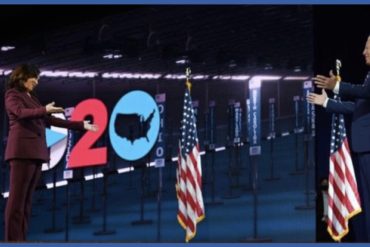Sive has held executive government and philanthropy positions and advocated for women’s rights. A past lecturer of The University of Chicago Harris School of Public Policy, she also co-produces and co-hosts the podcast #VoteHerIn, with Two Broads Talking Politics, a “best political podcast,” according to Parade magazine.
In addition, she has been a student of her story and worked on President Bill Clinton‘s and Barack Obama‘s agendas. Her latest endeavor is her book, a guided journal, Make Herstory Your Story. A personal workbook and writing journal for activist women recording and planning their projects to make a better world for women and girls.
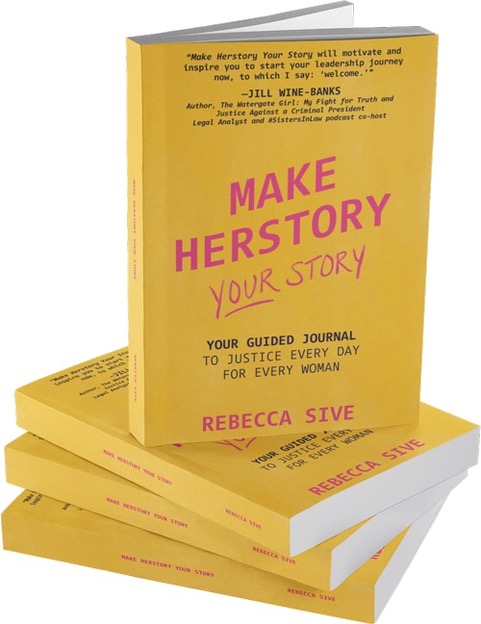
N’DIGO: Why the book on women at this time?
Rebecca Sive: The book was written at this time to help women politically and civically to be active in the post-pandemic and covid world. I wanted to provide women with a sense of the opportunities to meet their dreams.
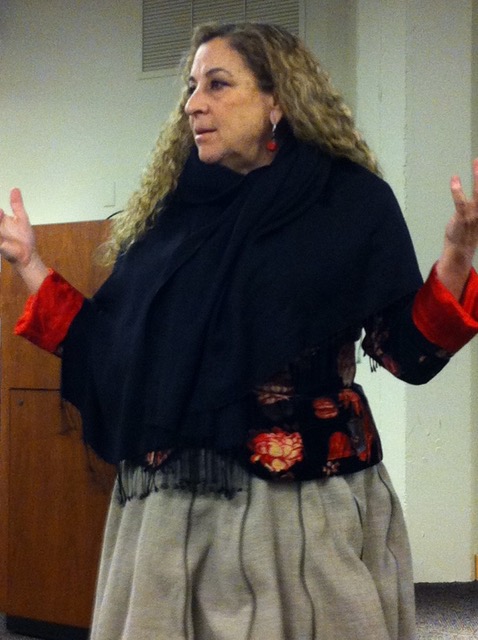
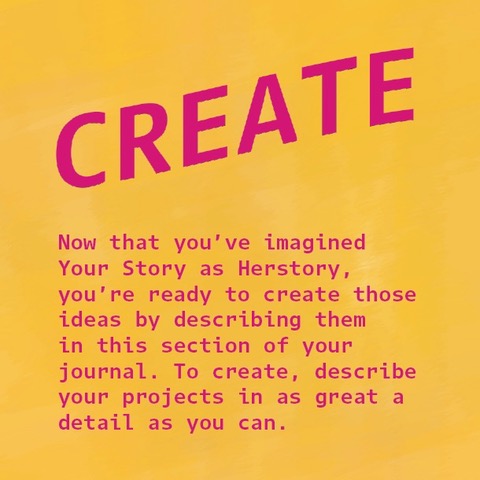
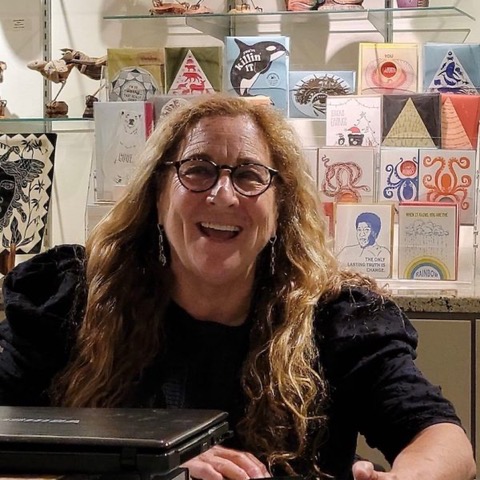
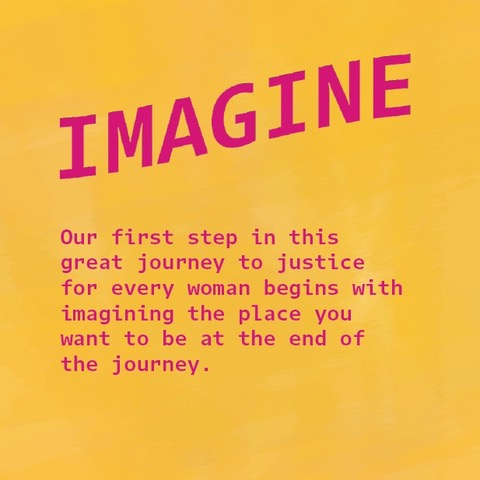
The book is written like a workbook on Imagination, words, and creation. Would you like to expound on it?
Imagine, create and organize. Those three mantras suggest that if you become a leader in public life, you have to imagine what you want to accomplish. You must formulate the dream into operative language that others will understand and adopt. Thirdly after describing this, you have to organize, like raise money and communicate and execute the plan.
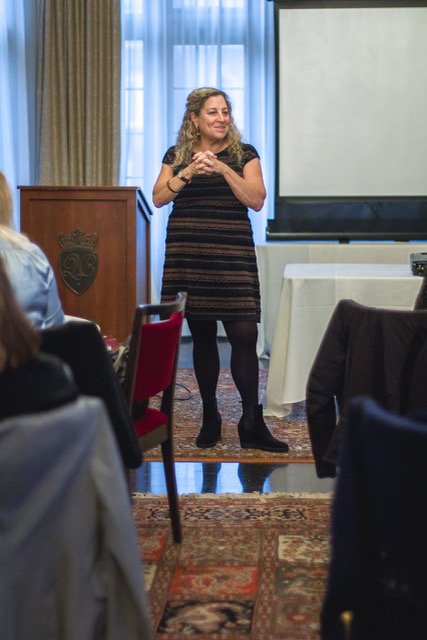
What is the “feminist “perspective?
It encompasses the idea that people are created equal about race and gender.
Where are we today with the backslide of Roe vs. Wade?
It is a rugged landscape and ww have not been in this circumstances. The Supreme Court decided to eliminate the constitutional protection. It is an invasion of privacy and opens the door to removing contraception and gay marriages.
Why do you think men, older men, in particular, are so occupied with the right to women’s bodies?
It is an issue regardless of age, not wanting women to have autonomy. Men are running scared because they see women becoming important people/players in politics, business, civic, education, etc. They fear women will take over. This is the basic fear of men.
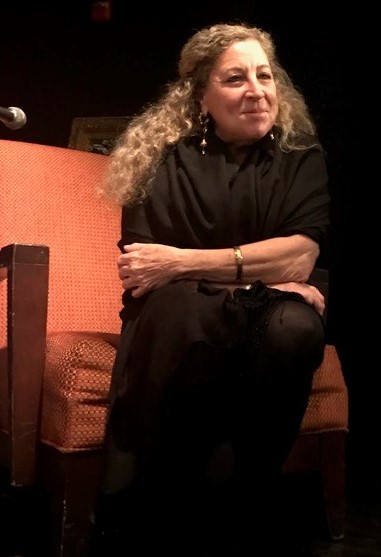
In your years of activism, what have your learned?
I have learned so much. I grew up as a civil rights activist, knowing the power of equality and a dream realized by Dr. King. I learned to have a plan, to be disciplined, how to organize and how to bring people together for a common cause.
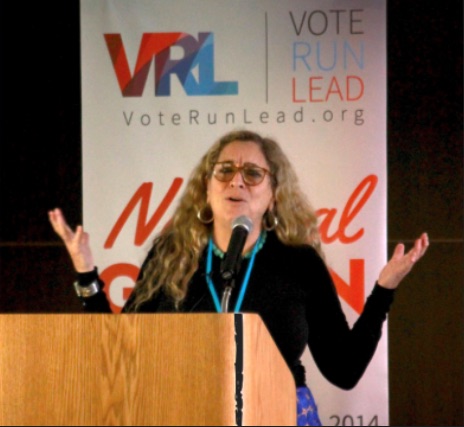
You have been politically active. Name your three top politicians.
First among everyone is Mayor Harold Washington. He was a mentor to me and I worked for him in campaigning and government. I am learning to be committed and keep social justice at the core of my work. Secondly are women from Chicago history – Ida B. Wells and Jane Adams. I was fortunate in graduate school to study both of them. I was taken by their courage, commitment, and steadfastness in influencing others to do the work. When I get down, I think about those three people.
Have you thought about running for office?
I was asked to run for office. I occasionally think about it. First, you have to figure out what role is best for you. I have determined that my best role is to be an advocate, strategist, and writer. This is the role I have chosen.
Why do you think young people are not voting?
There is a certain amount of discouragement and a lack of accomplishment. In a word, it is discouragement. I don’t get it. In my formative years, I realized what it meant to have the right to vote. I grew up in a family where voting was cherished.
What is the difference between history and her story?
Telling her story is a rhetorical construct, making a case for women. What has happened in the past is not just with the pronoun of his or him but also her and she.


